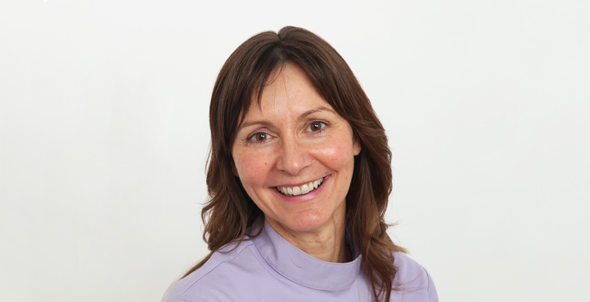Snoring, Grinding and Headaches
Snoring and Sleep Apnoea
 Snoring and Sleep Apnoea can be distressing and embarrassing for the patient and their partner. Often patients are too embarrassed to go on holiday or stay overnight with other people.
Snoring and Sleep Apnoea can be distressing and embarrassing for the patient and their partner. Often patients are too embarrassed to go on holiday or stay overnight with other people.
Our dentists is trained in the treatment of snoring and Sleep Apnoea.
Both of these conditions are caused by the airway closing partially and, in the case of Sleep Apnoea, completely. Such narrowing causes the air to produce noise as it passes in and out. Such closure is caused by the lower jaw dropping backwards when the patient is asleep. Being overweight and alcohol use make the condition worse. Sleep Apnoea is a life threatening condition as the airflow is completely stopped, and the patient is starved of oxygen, repeatedly during sleep. This dramatically increases the patient’s chance of a heart attack or stroke, as well as causing chronic tiredness that can lead to car accidents. Our dentists can provide patients with appliances that hold the jaw forward while the patient is asleep, keeping their airway open, thereby stopping the sound and disturbance.
Grinding and Headaches
40% of the population grind their teeth while they are asleep. This is called BRUXING. Such grinding habits can cause irreversible damage to their teeth as well as pain in the jaw joints, headaches and neck/sinus pain. Such clenching and grinding habits are worse in times of stress.
The teeth at the front of the mouth can thin and chip on their ends and back teeth can split down the root such that even unfilled teeth have to be extracted. The muscles of the jaws are interconnected with those up the side of your head and into the neck so that such clenching habits can trigger migraine-type headaches, as well as chronic neck and sinus pain. The continual movement of the jaw joint can lead to pain and clicking in the joint and even an in-ability to open the mouth properly.
A small appliance called a bite-guard, that is worn over some or all of your teeth, can stop the damage to the teeth as well as relieve the tension in the jaw, head and neck muscles. It is usually worn at night though, in cases of severe pain, can be worn during the day too until the symptoms subside.

